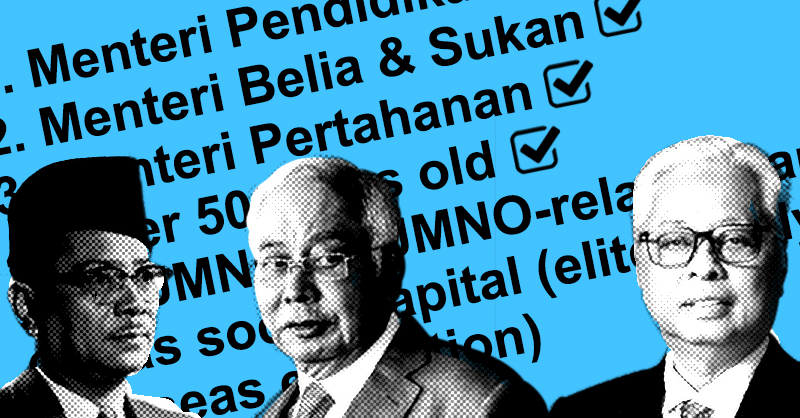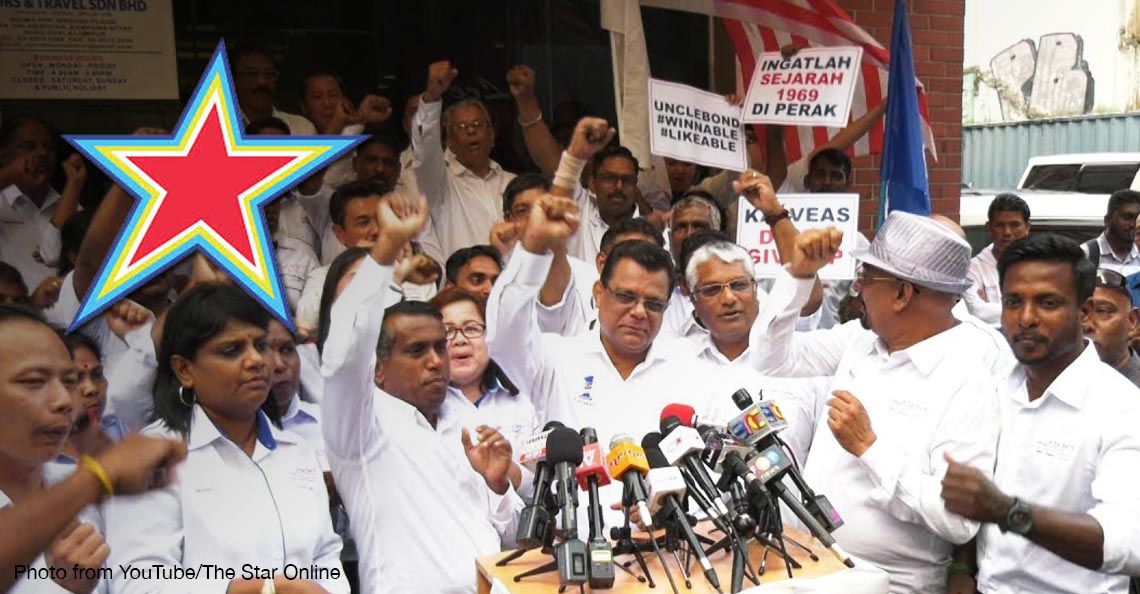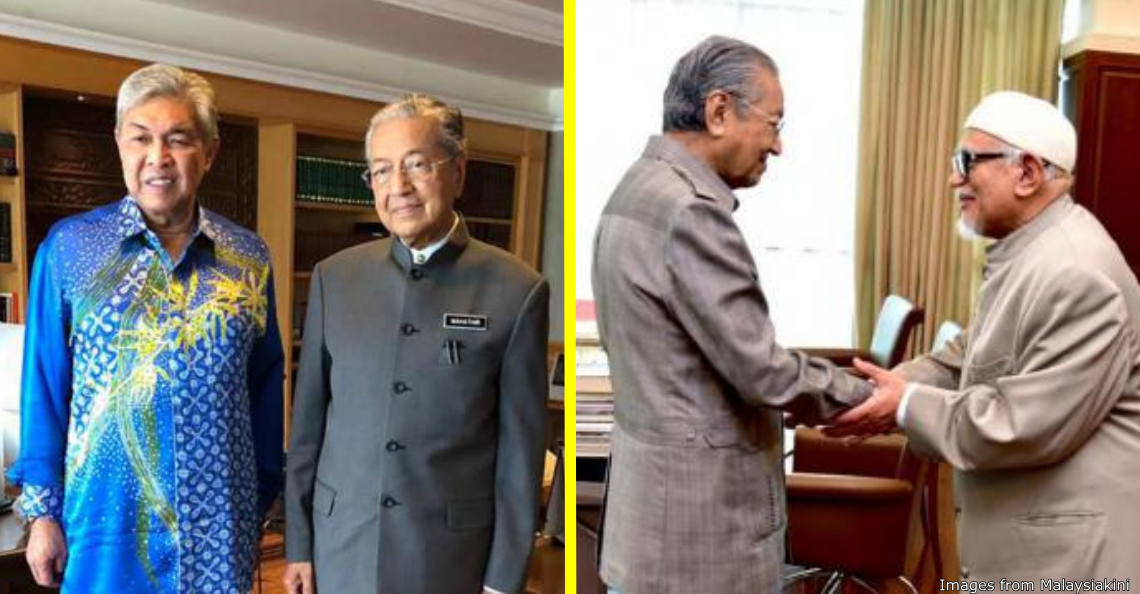Are young M’sians REALLY ready to vote? This Undi18 study might give us a clue.
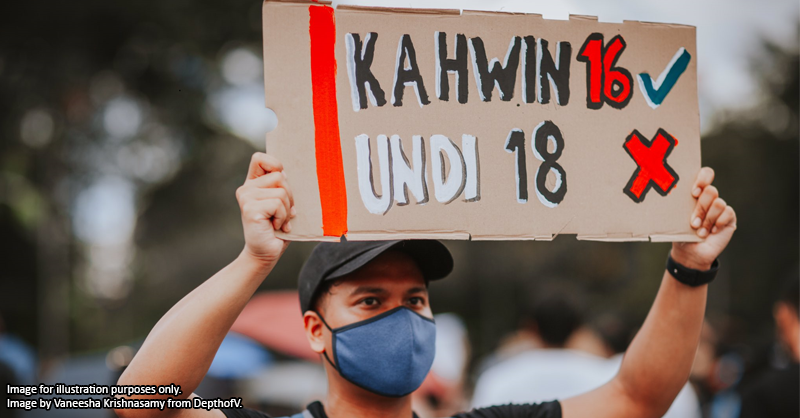
- 275Shares
- Facebook256
- Twitter4
- LinkedIn5
- Email5
- WhatsApp5
Disclaimer: The research paper isn’t, and shouldn’t be taken as the be-all and end-all on the subject matter. The study has its limitations; mainly that the youth respondents are from urban areas, and the small sample size. Make of it what you will.
At 18 years of age, most of us at CILISOS remember either going for college classes or skipping said classes to go to cyber cafes (thank you, DOTA2). What we don’t remember doing was bothering to follow the Malaysian political landscape, or getting to know any of our MPs…
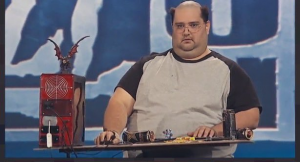
…which is why it’s understandable that some people might have reservations about the Undi18 movement and Undi 18 Parliamentary bill. Certain folks might have the perception that the Malaysian youth aren’t mature enough, or aren’t informed enough about the country’s politics to cast their vote. Some other people aren’t as readily dismissive – take Sania Kaur from Taylor’s University’s American Transfer Degree Program, for example. She’s actually conducted a study (with guidance from her course lecturer, Ms. Prema Ponnudurai) on the perspective of Malaysia’s urban youth on the Undi 18 Parliamentary bill and to see whether they’re politically-minded enough to vote, which we’ll be referencing throughout the article.
But first, what’s this whole thing about Undi18?
What’s Undi18 and the Undi 18 bill?

For those who’ve been living under a banana leaf these past few years, Undi18 is a local youth movement that’s been advocating for the lowering of the minimum voting age from 21 to 18 years old. In contrast, the Undi 18 bill is basically the Parliamentary bill (proposal for a new law to be passed) that called for the reduction in said minimum voting age, and for an automatic voter registration system to be put in place.
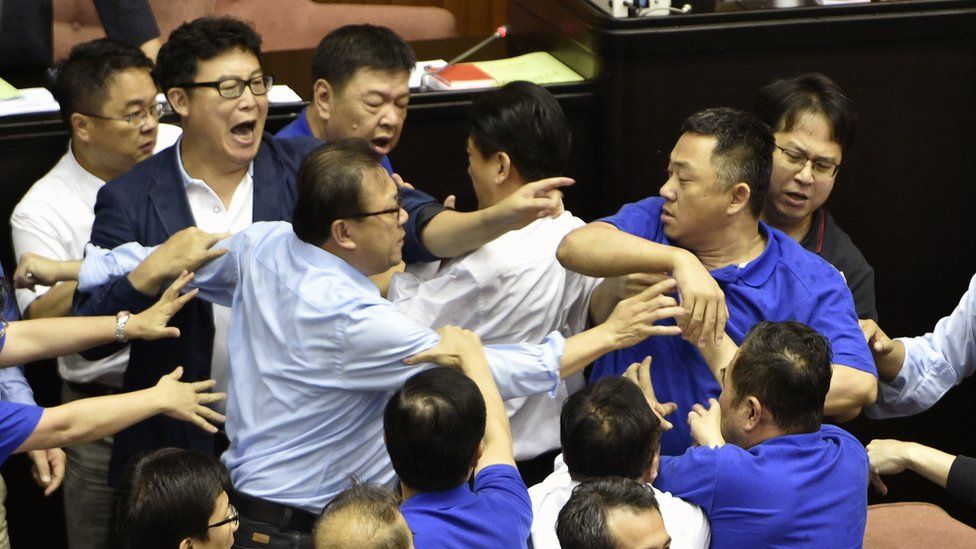
Anywho, the Undi 18 bill was passed last year; the Dewan Rakyat almost unanimously (211 votes out of 222) voted in affirmation of the bill and as of December 1st this year, anyone who’s 18 and above will be eligible to vote AND an automatic voter registration system will be put in place by December 15th.
With the background stuff outta the way, we’re gonna dive into the whys and why nots of lowering the minimum voting age. First, the whys.
Young people today seem to be more informed about politics
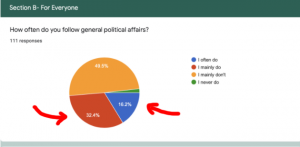
…especially compared to their peers from 10 years ago. So from Sania’s research paper, it seems like participants between the ages of 17 and 20 were at least somewhat aware of what’s happening in the local political scene, with 35.3% of them claiming that they’re moderately knowledgeable on local political issues. Almost a third of them also said they talk about stuff related to politics with their parents sometimes. Meanwhile, some of us at CILISOS who are in our 30s still find it hard to talk about politics with our parents.
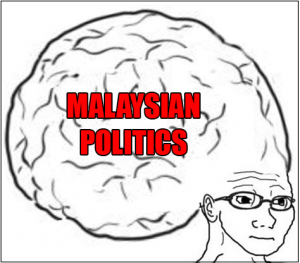
Everything starts to make a little more sense if you consider this other finding from the study – when asked whether they kept up with general political affairs, 48.6% of the participants said yes. On top of that, the increased political awareness could also be attributed to the prevalence of social media use among Gen Z peeps; an overwhelming 95.4% of respondents got their Undi18 news from either Facebook or Instagram.
Having said that, there were a few sus stats we noticed in Sania’s study indicating that…
Young adults might be more likely to succumb to peer pressure

This is probably the most apparent from responses to this question from the study: “When voting, would you opt for the same party your family and friends are voting for?”. Close to half of the research subjects between the ages of 17 and 20 said “maybe”.
Kind of odd considering that young adults who are supposed to be resistant to peer pressure (according to this 2007 study) might end up just voting for whichever party their family or friends are voting for. Professor Madya Dr. Ahi Sarok, a senior lecturer from the Faculty of Social Sciences of the University of Sarawak expressed his reservations regarding this:
Mereka akan mudah di-pengaruhi oleh rakan sebaya dan jika mereka salah membuat keputusan, ia boleh memberi kesan buruk kepada negara…

Something else to consider is whether young people are even interested in casting their votes in the first place. 60.8% of young adult respondents said “yes” when asked, but a 2018 article by the BBC suggests otherwise. Aside from that, a staggering 67% of unregistered voters are between the ages of 21 and 30, which perhaps demonstrates a lack of enthusiasm on the part of Malaysian youth when it comes to elections.
Are the Malaysian youth ready to cast their votes?

With the passing of the Undi 18 bill, Malaysia has joined countries like Australia, Belgium, Canada, France and Germany with a minimum voting age of 18. On the surface, there shouldn’t be an issue because if they can do it, we can… right? Many 18-year-olds in our country are already active and contributing members to the society – they’re already driving vehicles, working part-time or full-time jobs, or even taking care of members of their households.
Notwithstanding that, we’re still got a ways to go (compared to first world countries) in certain areas- political education and education in general, for starters. There are also the issues of whether a redelineation is needed to account for the increase in the number of voters, and whether people are being registered correctly by the system’s that’s gonna be in place. Not everyone’s address on their MyKad reflects where they live.
Ultimately, this is probably one of those things where you can only tell with time whether the right decision was made.
- 275Shares
- Facebook256
- Twitter4
- LinkedIn5
- Email5
- WhatsApp5

